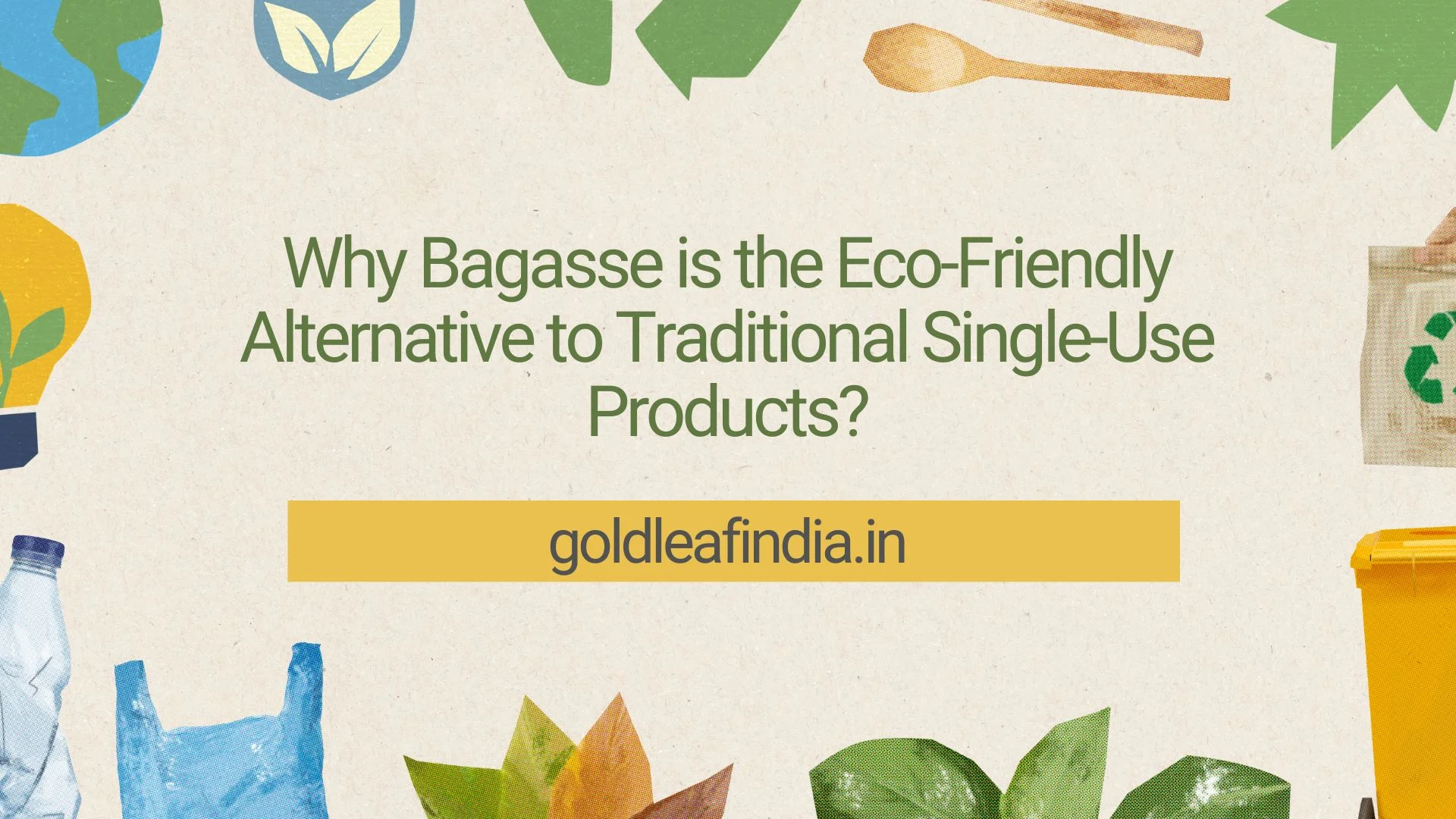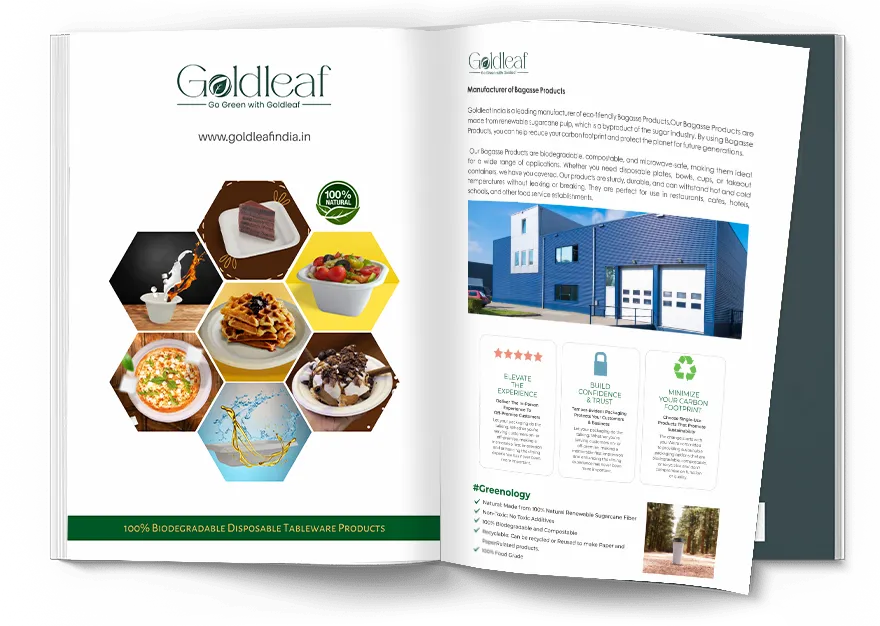Connect With Our Team

- 8195
One of the big issues in the quest to be sustainable is finding alternatives to these single-use products that do not cause further damage to the environment. The low cost and convenience of single-use items, for instance, plastics, have found wide usage in every sphere of foodservice and packaging, among others, and many other industries.
This has, therefore, merited the urgent need for alternatives due to the devastating impact they have on the environment. This is where bagasse comes in, a byproduct from processing sugarcane that is quickly gaining importance as the next big alternative that is friendly to the environment. Here's why bagasse is coming up as the better alternative to the traditional single-use products.
What is Bagasse?
Bagasse is the fibrous matter that remains after juice has been extracted from the stalks of sugarcane. Traditionally, it used to be thrown away or burnt, thereby causing pollution. Nowadays, it is being used in making a variety of products, right from plates, bowls, and containers to even paper. It not only helps in reducing waste but also it is an efficient use of a renewable resource.
Biodegradable and Compostable
One of the most striking advantages of bagasse over regular plastics, therefore, is biodegradability. While plastic products will take hundreds of years, bagasse products will decompose in a few months under the right conditions. It is an indication that they will contribute less likely to the overflow of landfills and act as hazards to wildlife and marine life. Moreover, bagasse is compostable, breaking down to enriching soil that supports agriculture, in contrast to plastics that break down into microplastics and further contaminate the environment.
Lower Carbon Footprint
The products made from bagasse will have a lot less carbon footprint compared to products made out of plastic, which originates from non-renewable petroleum. What is more, the capacity of the sugarcane to absorb carbon during its processing means that finally, the carbon cycle will keep reusing the by-products. On the other hand, production and degradation of plastics release considerable amounts of greenhouse gases, which cause global warming.
Energy Efficiency
In addition, the bagasse as a raw material also improves the energy efficiency due to the nature in which it is used. The energy used in the manufacture of bagasse products is far less than that used in the manufacture of plastic. Further, since the byproduct is already under harvest as sugarcane, it adds value to the sugarcane and the agricultural sector, in general, by use in manufacturing disposable items to reduce the wastage of the same.
Economic Benefits
The environmental benefits from bagasse products are accompanied by economic benefits: it is an alternative income for farmers from by-product sales and saves importation of similar materials like plastic. An increase of demand for products that are environmentally friendly is, in a way, a promising larger market for bagasse items that could be boosted in local economies.
Safer and Healthier
Healthwise, the bagasse products are safe when compared with the plastic ones. It is because they lack the presence of chemicals which tend to leach into food; for example, BPA (bisphenol A) and phthalates, which are so common in plastics, make bagasse products a healthier choice, especially in the packaging of foods.
Issues and Concerns
And while bagasse is a great alternative, it's not completely problem-free. Its quality and durability are not so good and it proves to be unsuitable for very hot or liquid foods. Of course, sustainability is an issue with any agricultural product that depends upon responsible farming practices.
Conclusion
Bagasse presents a new hope for sustainable material. The choosing of bagasse instead of the traditional single-use product can decrease the harm to the environment that consumers and businesses contribute to. It is very likely that plastic will compete with bagasse in terms of a working alternative, considering the constantly increasing technological advances and innovations in manufacturing. Adoption of bagasse is a practical move toward a more sustainable and friendlier environment.
© 2024 , Goldleaf ,
All rights reserved.
Made & Managed by Lightlink Solutions




